Chobani Food Incubator sees market disruption potential in farmed seafood meal kit maker LoveTheWild
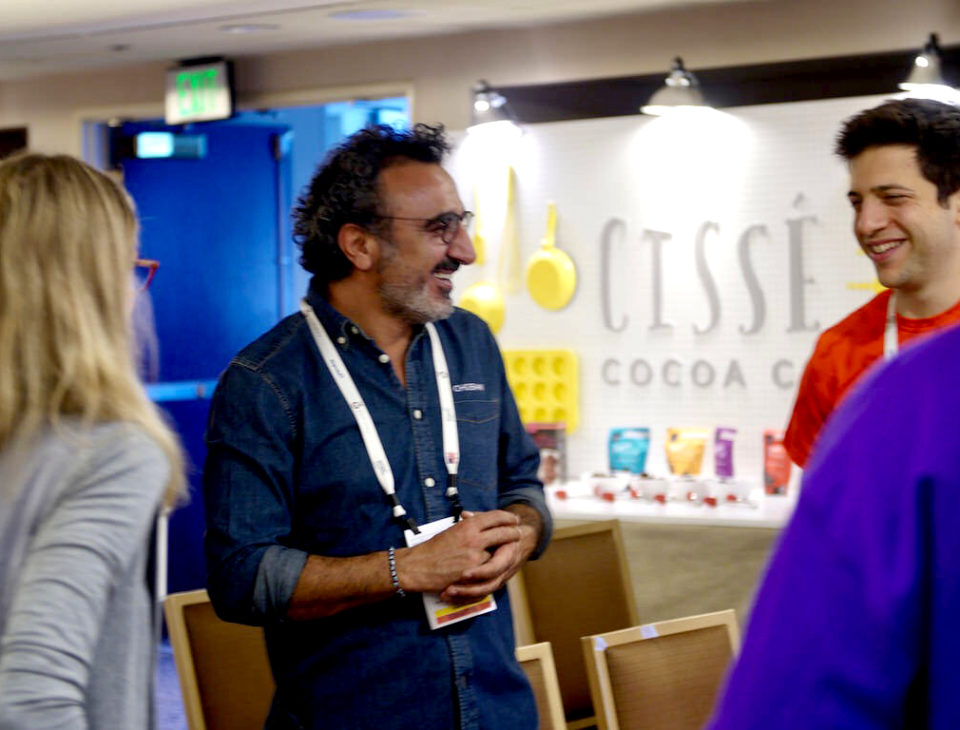
You’d be hard-pressed to find a food company distributing products to U.S. retailers that is unfamiliar with Chobani.
The New York-based Greek yogurt maker has taken supermarket chilled cases by storm. In less than a decade, the once-bootstrapping startup has grown its annual sales close to $2 billion. It reached such heights by making products that were delicious, nutritious, natural and affordable.
And, of course, a strong work ethic, as demonstrated by company founder and CEO Hamdi Ulukaya. He wants others to follow his lead and is willing to share his insights (as well as his money and time) to up-and-coming food businesses with passion and purpose. The Chobani Food Incubator is his vehicle to “pay it forward,” said the incubator’s director, Jackie Miller.
“The corporate incubator concept is gaining popularity. Ours is different, because of Hamdi’s perspective. It wasn’t long ago that he was in the trenches building this company,” she said.
Chobani received 513 applications to participate in the mentorship program, and through several rounds of interviews and product tastings – the final round by Ulukaya himself – the company chose seven winners who will spend one week in New York each month, for four months, for workshops and mentorship from Ulukaya. All winners received $25,000 in cash as well.
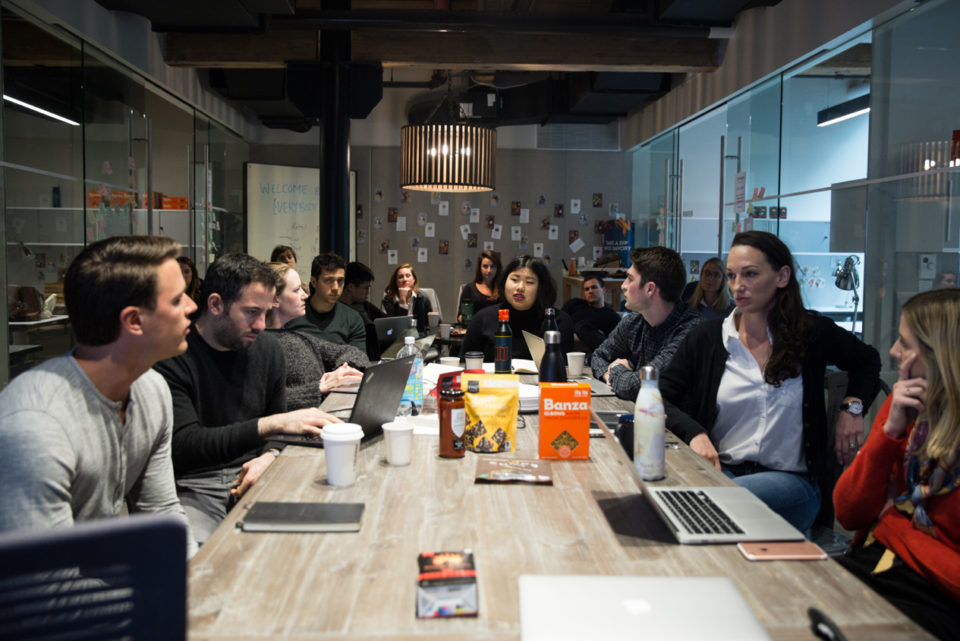
One of the winners is LoveTheWild, a Colorado-based manufacturer of frozen seafood meals featuring 100 percent farm-raised fish. Founder Jacqueline Claudia – who will present at this week’s GOAL conference in Dublin, Ireland – said the mentorship will help her young company learn best practices from an industry leader. The fact that yogurt is a different category, sold in a different part of the store, makes little difference, she said.
“Chobani recognizes that we’re trying to do something radically different,” Claudia told the Advocate, referring to the product experience and the company’s sustainability mission, which includes full transparency into the farms and farming systems that produce the fish LoveTheWild utilizes. “We have a similar DNA, with fantastic, sustainable products that taste good. Ours are affordable and available to people who might not normally take a chance on fish. Fish can be really intimidating, both on the sustainability side – what to eat, what not to eat – and that’s confusing. Confusing makes consumers disengage with the category. Tackling these huge barriers has been the key to our success so far.”
It’s actually DNNA – delicious, nutritious, natural and affordable – that Chobani was looking for from applicants.
“It’s the North Star,” said Miller. “We’re excited to see these companies doing to their categories what Chobani did to theirs.”
LoveTheWild was one of only 90 applicants that submitted frozen products; and one of just 55 that had a commitment to sustainability and positive social impact, something Ulukaya has successfully integrated into Chobani’s approach.
“It’s exciting to bring people back to the inner aisles of the grocery store, and show people that there are healthy, sustainable options in that space. That’s exciting to us,” Miller said. LoveTheWild’s purpose-driven business model was a huge plus as well. “Purpose-driven is something we track, and not just giving money to charity. We were looking for something bigger, cohesive and baked into their approach. Take Misfit Juicery, which turns ‘ugly vegetables’ into cold-pressed juices. They’re committed to fighting waste, and thoughtful about using business to solve problems.”
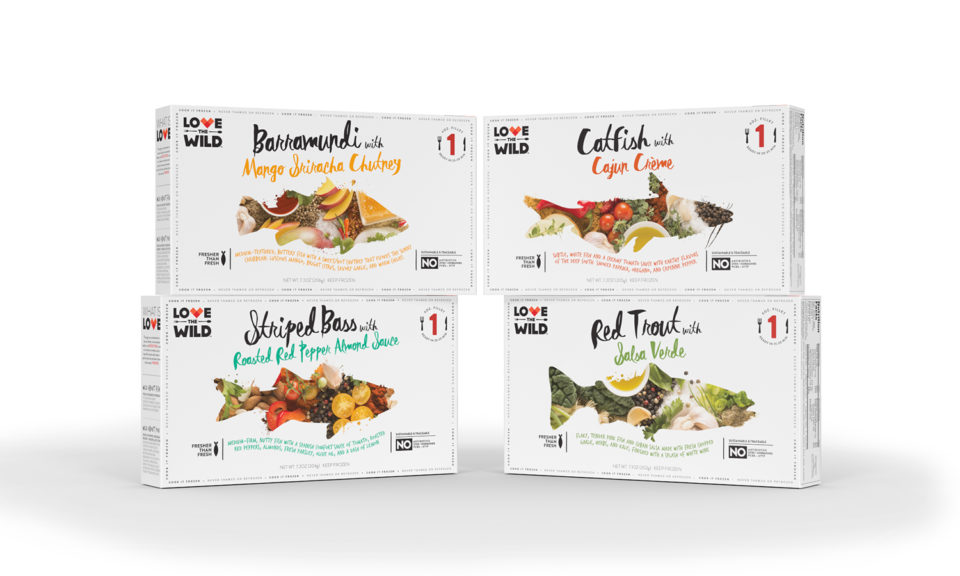
Miller insists that the $25,000 each winner received is not a traditional investment in their businesses. “They’re not acquisition targets. It simply motivates our founder – better food for more people. More people is the hard part – the scale. We help those brands get to more people. Then it’s about changing food systems as a whole. It’s the big picture. If other categories can do what we do with yogurt, consumers win.”
“We aren’t necessarily experts in the space, we just see the opportunity and the commitment,” said Miller. “We talk about founders being one thing we look at. With Jacqueline there was a level of expertise and passion. You don’t have to be an expert to see passion.”
Can LoveTheWild be the next Chobani, and disrupt the frozen seafood category?
“I hate that word, disrupt,” said Claudia, who identifies with Ulukaya as a risk-taker. “We’re out to grow the sustainable seafood market, beyond creating a good product that’s good for people and the planet.
“When Hamdi started the company, Greek yogurt was not a category in the U.S. He focused on healthy and delicious. There was a long list of other attributes they could have leaned on, but that won the market. Fish tastes great. And it’s good for you. We want to lead by example, and get more folks on this mission and raise the quality and availability of products featuring farmed seafood.”
Author
-
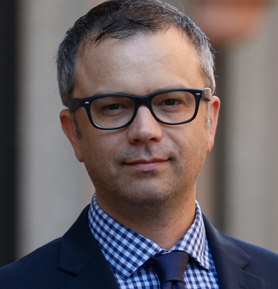
James Wright
Editorial Manager
Global Aquaculture Alliance
Portsmouth, NH, USA[103,114,111,46,101,99,110,97,105,108,108,97,101,114,117,116,108,117,99,97,117,113,97,64,116,104,103,105,114,119,46,115,101,109,97,106]
Related Posts
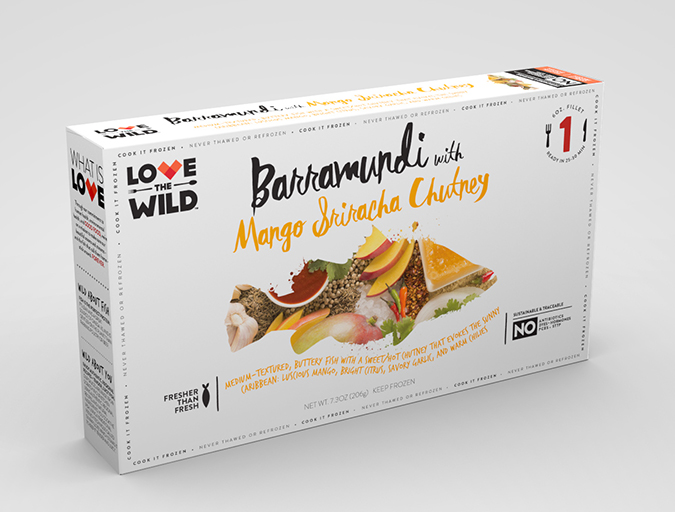
Intelligence
Love connection: Aquaculture investor finds partner in retail seafood brand
For the first time, the Aqua-Spark investment fund has partnered with a consumer brand. With its investment in U.S. company LoveTheWild, the Netherlands-based group seeks to become a trusted voice in aquaculture.
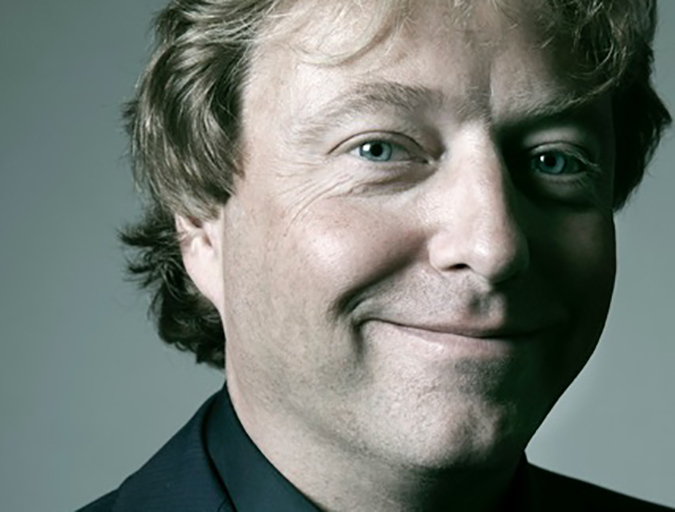
Innovation & Investment
Aquaculture Exchange: Mike Velings, Aqua-Spark
Dutch investment firm Aqua-Spark has in just two years developed a modest portfolio, but a strategy that is poised for growth and impact across the entire aquaculture value chain, its CEO and co-founder told the Advocate.
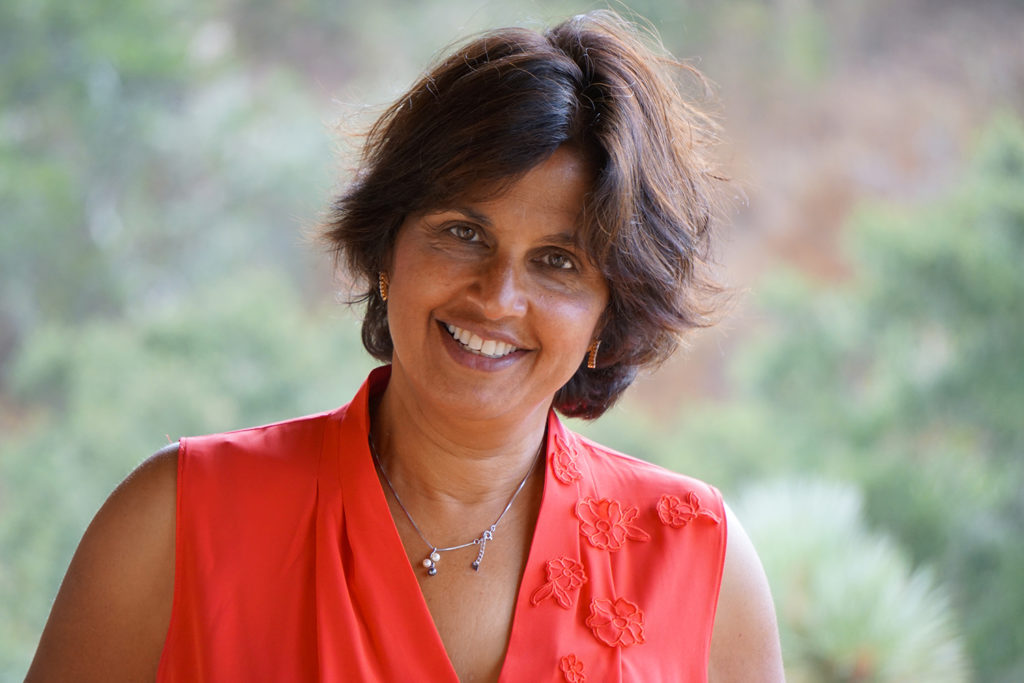
Innovation & Investment
Aquaculture Exchange: Monica Jain, Fish 2.0
The third installment of Fish 2.0, taking place this November, will feature numerous aquaculture-related businesses at various stages of development. The competition’s founder dishes on what the judges will be seeing on stage.
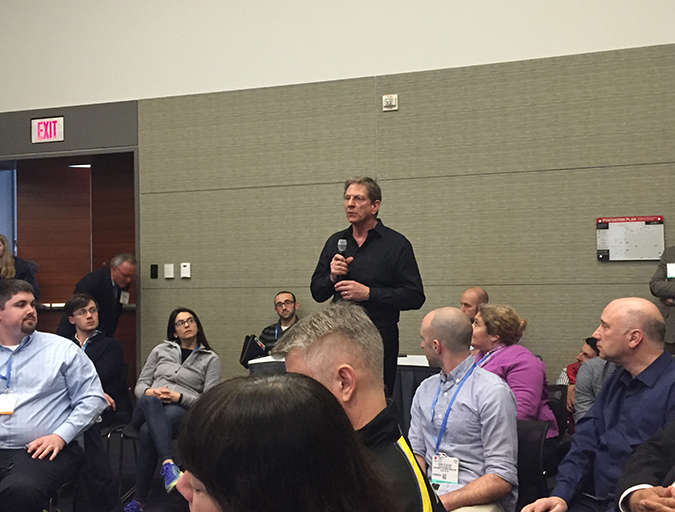
Intelligence
Boston brainstorm: Getting consumers to embrace aquaculture
In a discussion format somewhat unique to the bustling halls of Seafood Expo North America, aquaculture backers lamented the lackluster U.S. consumer acceptance for farmed fish.

